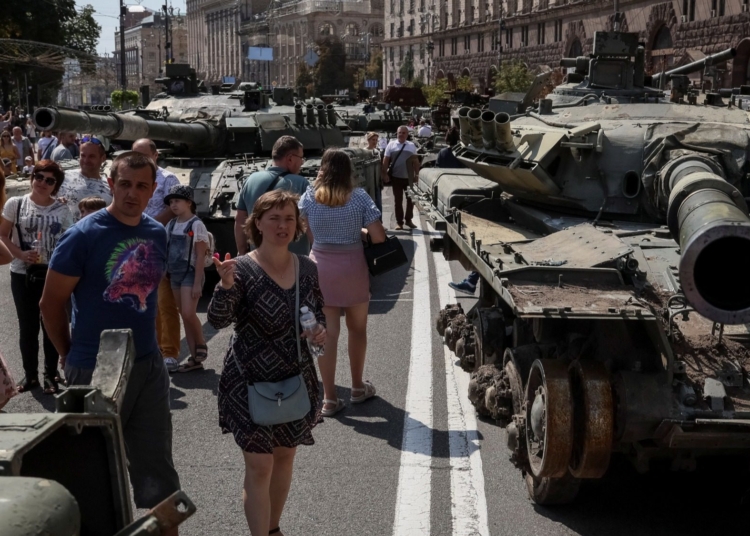The article analyzes the global implications of the United States’ decision to withdraw its forces from Afghanistan, referring to it as “War on Terror 2.0.” It discusses potential challenges and opportunities that arise from this withdrawal. The primary concerns include the potential rise of terrorism in the region, regional power struggles as neighboring countries vie for influence, the possibility of a humanitarian crisis, the impact on global counterterrorism efforts, and the shift in geopolitical alliances. The article emphasizes the need for international cooperation and diplomatic solutions to ensure stability, peace, and security in Afghanistan and beyond.
War on Terror 2.0: Analyzing the Global Implications of the Afghanistan Withdrawal
Introduction
The recent decision by the United States to withdraw its forces from Afghanistan has sparked significant debates and discussions about the global implications of this move. Termed as “War on Terror 2.0,” this withdrawal signifies a shift in the geopolitical landscape and has far-reaching consequences for not only Afghanistan but also the entire region and beyond. This article aims to analyze the global implications of the Afghanistan withdrawal and shed light on the potential challenges and opportunities it presents.
The Rise of Terrorism
One of the primary concerns associated with the Afghanistan withdrawal is the potential rise of terrorism in the region. Over the past two decades, Afghanistan has been a haven for several terrorist organizations, including Al-Qaeda and the Islamic State. With the withdrawal of foreign troops, there is a risk that these groups may regain strength and pose a threat not just to regional stability but also to global security.
Regional Power Struggles
The Afghanistan withdrawal is expected to fuel regional power struggles in the Middle East and South Asia region. Neighboring countries like Pakistan, Iran, and India are likely to compete for influence in Afghanistan, leading to increased tensions and conflicts. This power vacuum could also attract other regional and global actors, such as China and Russia, who may seek to exploit the situation to expand their influence and geopolitical agendas.
Humanitarian Crisis
The withdrawal of foreign troops from Afghanistan may also trigger a humanitarian crisis. The Afghan people, particularly women and minority groups, could face increased oppression, violence, and human rights abuses as the Taliban gains more control in the absence of international intervention. This could result in a massive influx of refugees seeking asylum in neighboring countries, straining their resources and exacerbating the existing refugee crisis.
Impact on Global Counterterrorism Efforts
The Afghanistan withdrawal will undoubtedly impact global counterterrorism efforts. The country has served as a base for counterterrorism operations for the past two decades, and its instability could hinder future operations against terrorist organizations. International cooperation and intelligence sharing may also be affected, as trust and coordination among nations may be compromised in the post-withdrawal era.
Shift in Geopolitical Alliances
With the withdrawal of the United States, countries that were previously aligned with the U.S. in the fight against terrorism may reassess their alliances and seek new partnerships. This could lead to a realignment of geopolitical forces, as some nations may feel the need to strengthen ties with other major powers or regional blocs for their security concerns. It is crucial to monitor these changing dynamics to avoid unintended consequences and maintain regional stability.
Conclusion
The Afghanistan withdrawal marks a critical turning point in the War on Terror. While it may bring relief to some, the global implications of this decision cannot be overlooked. The rise of terrorism, regional power struggles, humanitarian crisis, impact on global counterterrorism efforts, and the shift in geopolitical alliances are just a few of the many challenges that need to be addressed. It is imperative for the international community to come together, coordinate their efforts, and find diplomatic solutions to ensure stability, peace, and security in Afghanistan and the wider world.













